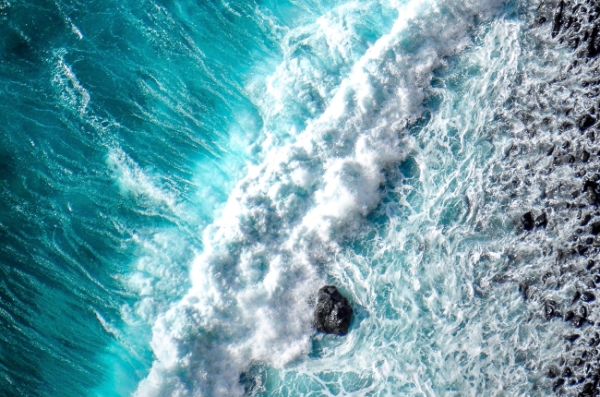
ARISTOMENIS P. KARAGEORGIS
Director of the Institute of Oceanography and Vice-President to the Board of Directors
Hellenic Centre for Marine Research
2003–2004 Fulbright Greek Scholar to the U.S. Host: Texas A&M University, College Station
Oceanography is the scientific exploration and study of the expansive 'one ocean' that blankets 71% of Earth's surface. It serves as an interdisciplinary field, uniting experts in physics, chemistry, biology, and geology. Notably, nearly every scientific discipline, including mathematics, law, medicine, and more, finds application in some aspect of oceanography. The evolution of modern oceanography gained momentum post-1945 with the advent of advanced electronics. Presently, marine researchers capitalize on cutting-edge technologies, enjoying significant advancements that facilitate the measurement, observation, and sampling of the ocean's depths, reaching as far down as 11,000 meters below the surface.
In certain countries, Oceanography is available as an undergraduate program, but generally, a foundational degree in theoretical studies is a prerequisite. Subsequently, pursuing a Master’s Degree in Oceanography is common. Undergraduate programs in Oceanography lay a robust foundation by elucidating the role and mechanisms of the global ocean, offering comprehensive insights into the principles of various scientific disciplines. Conversely, a myriad of graduate studies opens doors for students to explore specific niches within Oceanography that align with their interests. It's highly unlikely for a budding M.Sc. or Ph.D. candidate not to encounter a captivating realm of Oceanography that resonates with their passion and brings them joy.
Oceanography consists of core branches in physics, chemistry, biology, and geology. However, its essence lies in interdisciplinarity, where various sciences seamlessly converge. Presently, the Oceanographic community extends its reach across diverse scientific fields. Notably, Oceanography plays a pivotal role in climate change research, given the oceans' crucial function in regulating Earth's climate and contributing roughly 50% of the oxygen essential for our breathing.
A degree in oceanography opens doors to diverse opportunities, enabling individuals to either engage in applied sectors or embark on a research/academic trajectory. Both avenues offer compelling advantages that can inspire young oceanographers to forge a career aligned with their fervor and passion.
Photo Credit: Gatis Marcinkevics for Unsplash

